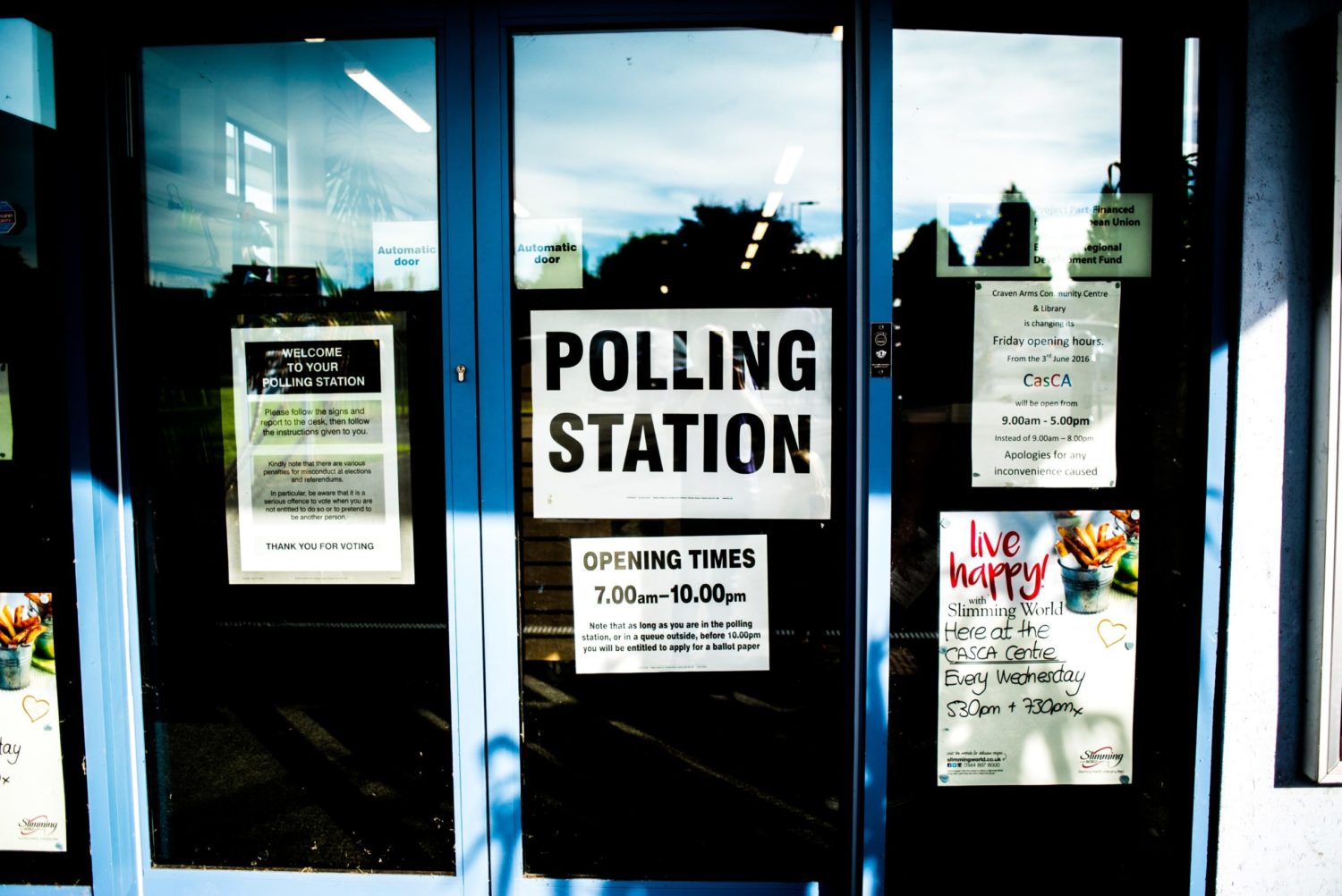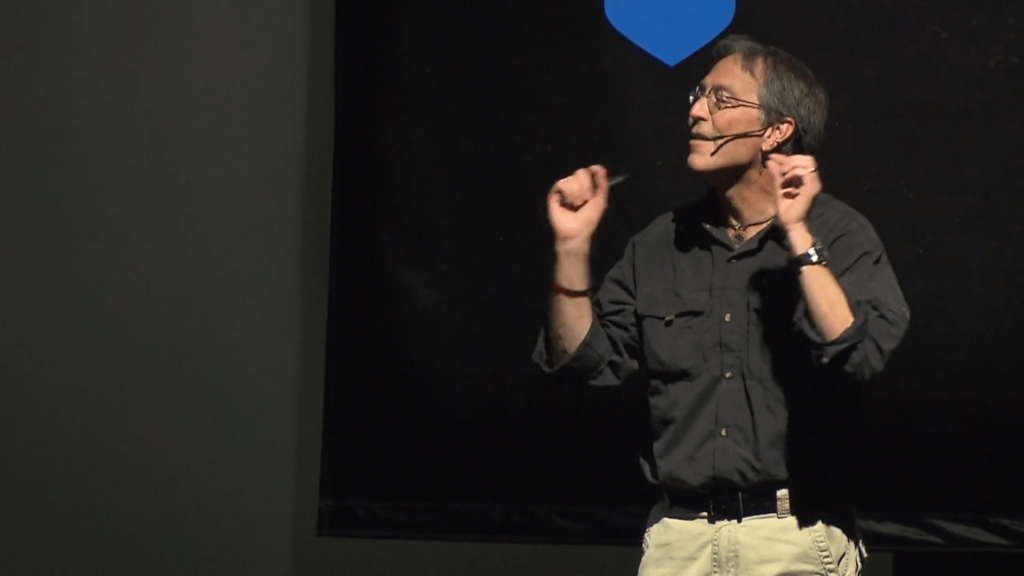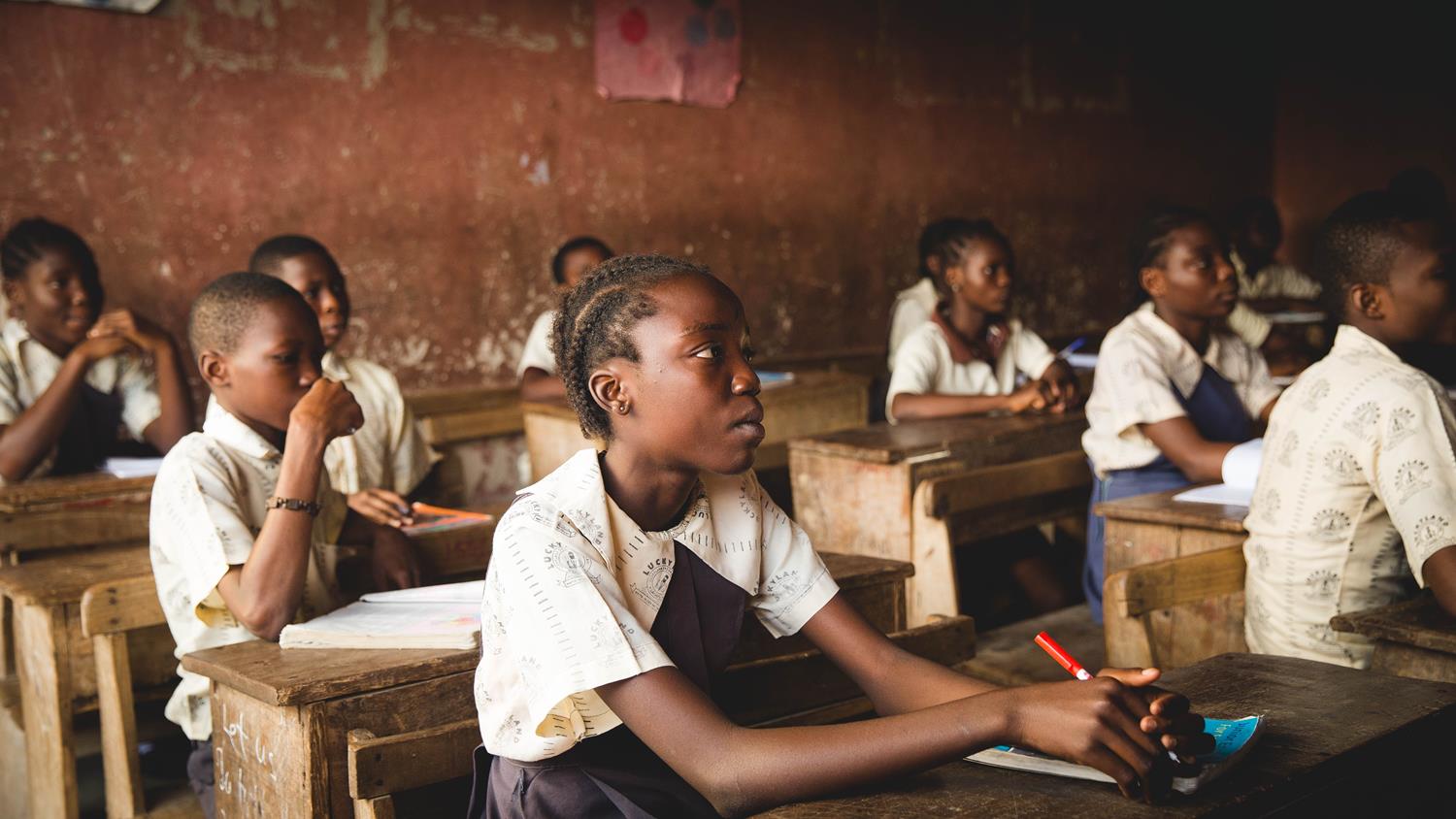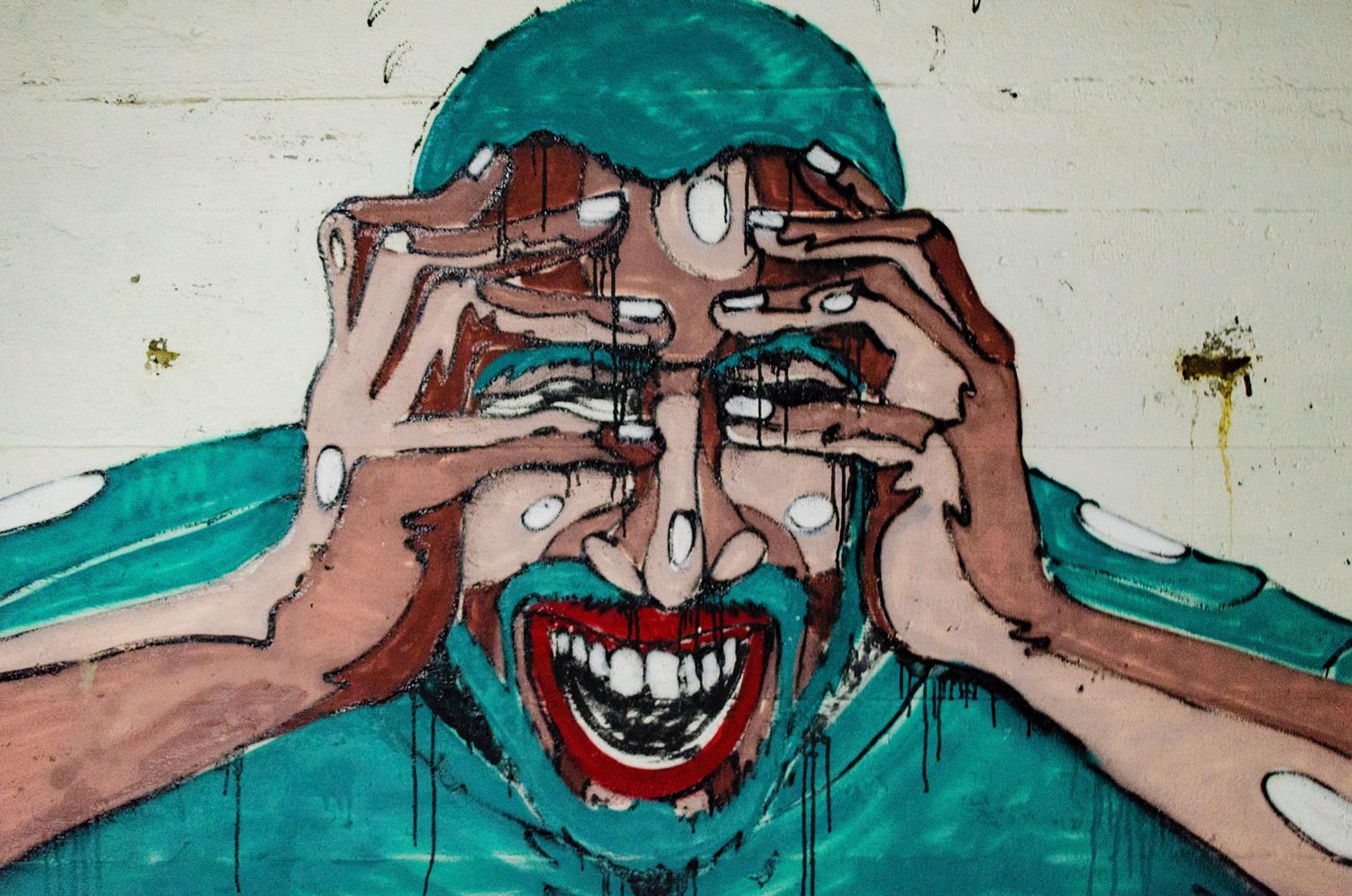TED Talk Discussion: Where is Home?
More and more people worldwide are living in countries not considered their own. Writer Pico Iyer — who himself has three or four “origins” — meditates on the meaning of home, the joy of traveling and the serenity of standing still.
Pico Iyer at TEDlobal 2013 Where is home?
Useful Vocabulary
Undergraduate education
I’m very much of the United States
Straightforward
Encircled
Coincidence
Liberation
Enmity
Black and white divisions
Intrigued
Critical decisions
Comprehension Questions
- Where does Pico come from?
- He considers himself to be very multi-cultured. True or false?
- He feels that he needs to have a place called “home”? True or false?
- How many people are living in a country that is not their own?
- The real voyage of discovery, as Marcel Proust famously said, consists not in seeing new ________________, but in looking with new _____________ .
- How many air miles has he accumulated?
- I ran into a friend who ___________________ at a local high school, and he said, “I’ve got the ______________ place for you.” “Really?” I said. I’m always a bit ______________ when people say things like that. “No, honestly,” he went on, “it’s only three hours away by car, and it’s not very expensive, and it’s probably not like anywhere you’ve ______________ before.”
- What is the hardest thing for him to do?
- I was like some _______________ guy who puts on a ___________________and then ______________ that he can’t see a thing.
Comprehension Answers
- Raise in the UK, lives in the US, and frequently visits Japan.
- False, he sees many children today to be much more complex than him.
- False, he feels liberated by not having this concept.
- 220 million.
- sights, eyes.
- 1 million
- taught, perfect, skeptical, stayed.
- To do ‘nothing at all’.
- crazy, blindfold, complains.
Group Discussion
- Do you feel that international travel is a privilege? Has it made society better or more understanding?
- How has the world/society changed as a result of having a large ‘floating’ population of people as Pico mentioned?
- Can whole countries be created from a group of “foreigners” and will those countries be able to function without a common historical culture?
- What will the world look like in the future when more and more people live, work, play, and explore hundreds of countries in their life?
- Should people feel a deep sense of belonging to the country they were born in?






